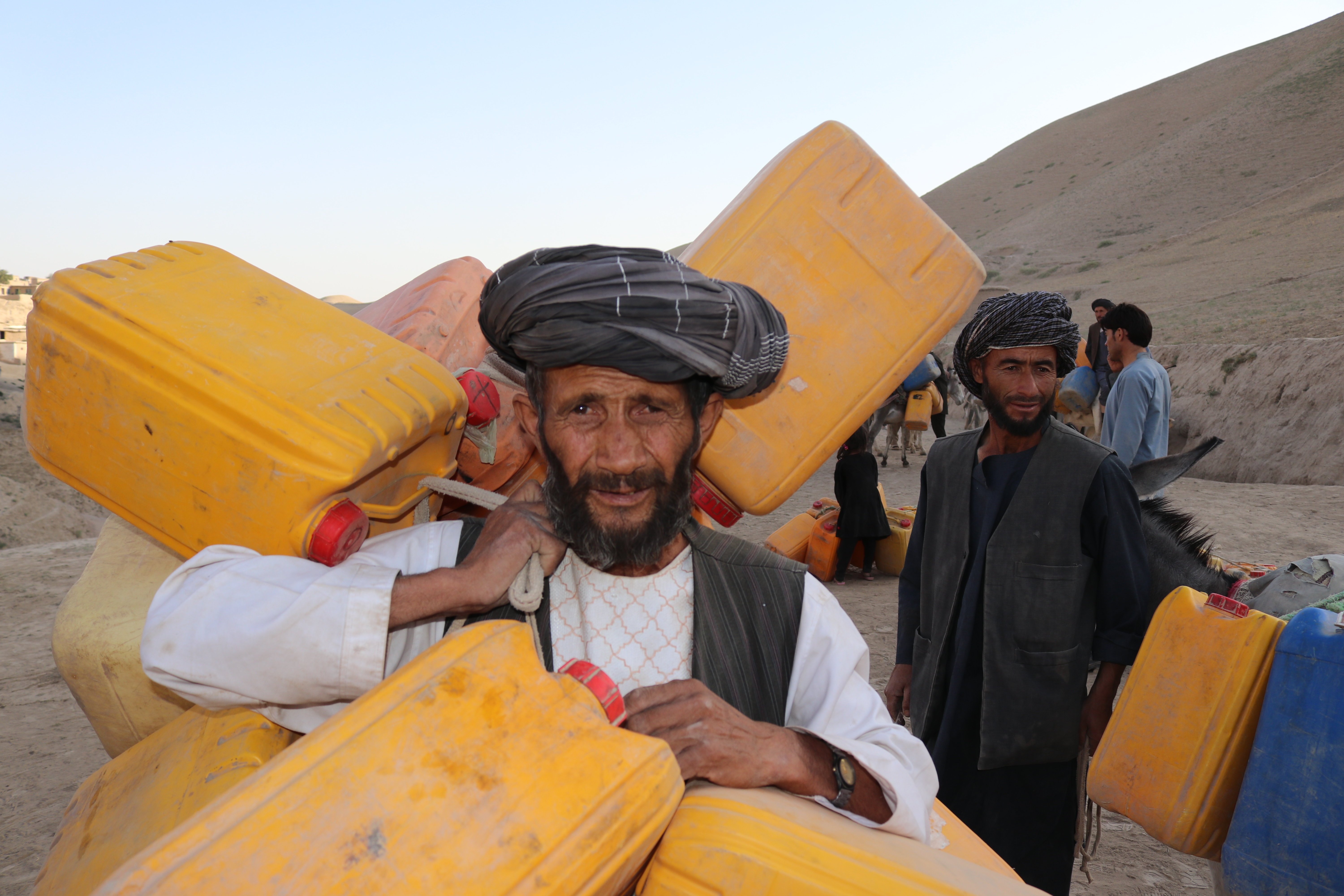
Rural communities
We work to ensure that people in rural areas have the opportunity to support themselves and to control their own development.
Most Afghans live in remote areas and earn their living through farming. Decades of war and natural disasters have damaged any infrastructure that may once have existed, such as irrigation, electricity supply and roads. Livelihoods have deteriorated severely, and the people and communities often have little power to change their situation.
In many areas, conflicts have formed a major obstacle to development. Access to health services and education is still much more limited than in urban areas. This affects daily life for everyone, but especially for those who are most underprivileged and vulnerable – women and children and people with disabilities.
Adults in rural areas need better opportunities to earn a living. But low levels of both education and business expertise, along with a lack of access to markets and infrastructure, form major obstacles. The Swedish Committee for Afghanistan works with local communities to develop their local governance and development capacities. This can be achieved through support to direct income, socio-economic development and to improved governance, education, health, transport and water supply.